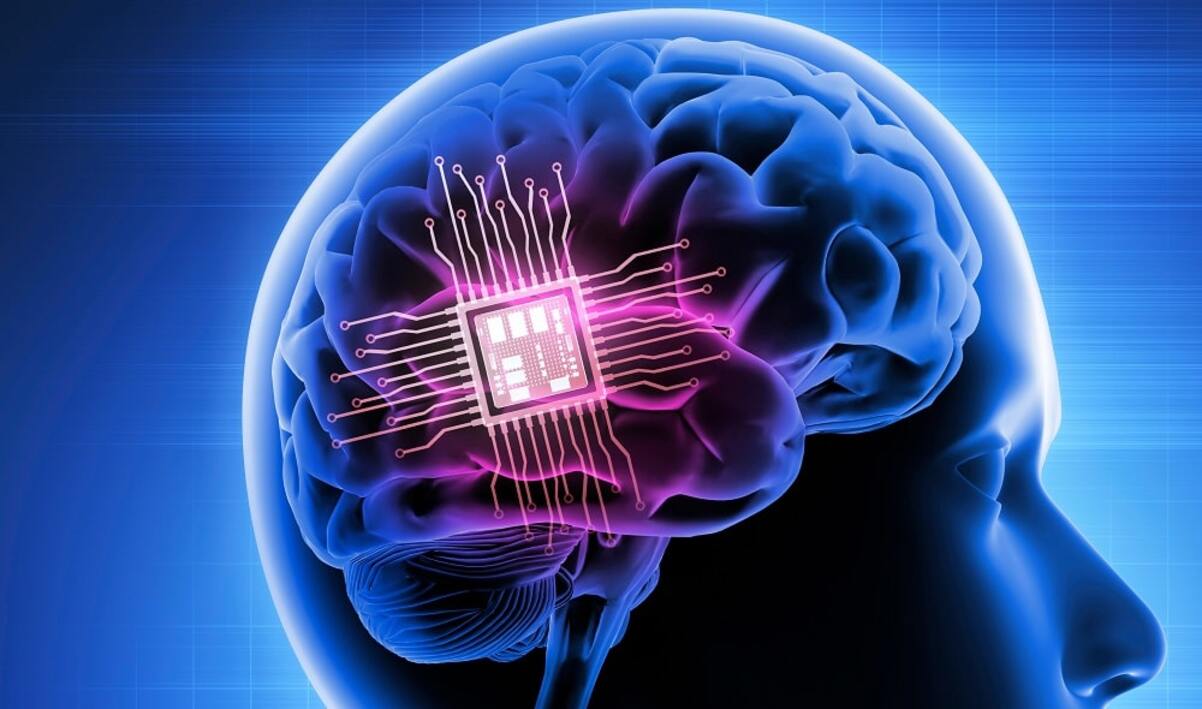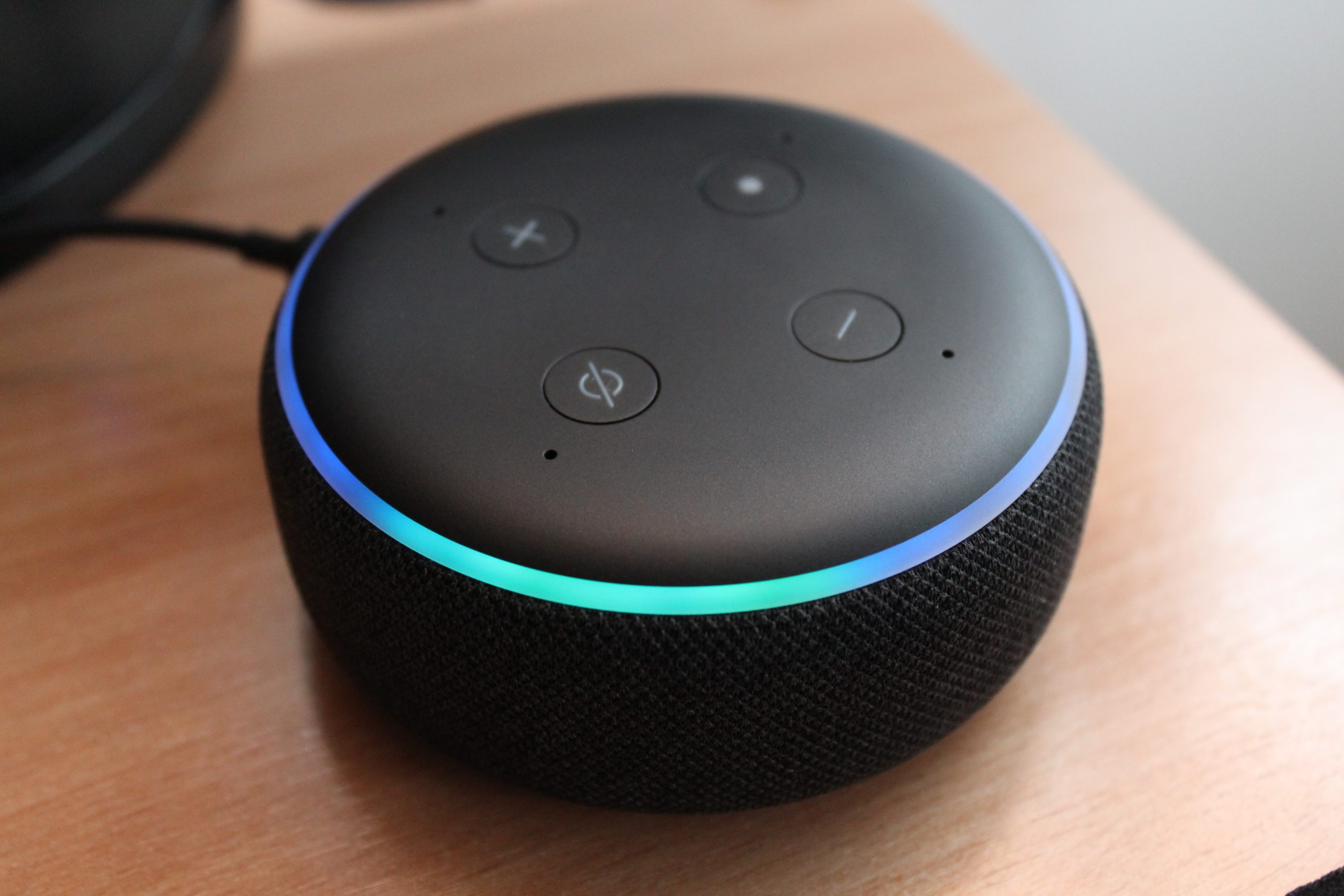What happens when a chip is implanted in a human brain?
2 min read
Have you ever stopped to imagine what it feels like to have a computer chip inside your brain? The idea, which seems so frightening to some, may end up being desired by others. That’s because, in a few days, Neuralink will start doing some tests with it brain chips in humans.
For such tests to take place, there must be people available to enter them, right? Well, the company developed by billionaire Elon Musk has been working in this field for a few years, more precisely since 2016, and now it has finally been approved to conduct another phase of testing.
But, after all, what is the point behind this, and what benefits can a person get by implanting a computer chip in his brain? This is what we will discover today. And if you are also interested in the topic, keep reading!
The purpose of brain chip implantation
According to Neuralink itself, one of the benefits of this experiment is that with a brain chip, you can even send text messages with just your thoughts. amazing! Can you believe this possibility?
However, although this is one of the advantages that a computer chip implant can bring, the main goal is not to make applications easier to use, but rather to aid in the mobility process of paralyzed people.
In addition, it would be a great way to restore the senses of those who ended up losing sight or hearing, for example.
It should be noted that Elon Musk’s company is not the only company in the world interested in finding the right way to make this goal a reality.
Adverse effects that can be caused by implantation
Although the proposal can be very attractive, it is necessary to be more careful, because it is very easy to become addicted to new technologies, such as smartphones and other devices that we only hold in our hands.
Imagine, then, what it would be like with equipment connected directly to our brains? In other words, this means that we will become more dependent on technology.
According to information shared by Professor Frederick Gilbert, an applied neuroscientist, when implanting a chip, one of the patients ended up with a kind of decision syndrome, that is, he didn’t know how to choose and had to ask the technology first, to let it give you the correct answer.
Countering this, Frederick Gilbert continued: “There’s nothing wrong with having a device that ends in the decision, but in the end, the device kind of replaced the person in the decision, taking them out of the loop.”

“Musicaholic. Thinker. Extreme travel trailblazer. Communicator. Total creator. Twitter enthusiast.”







